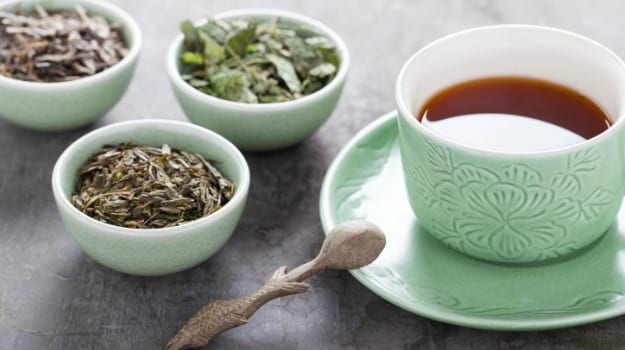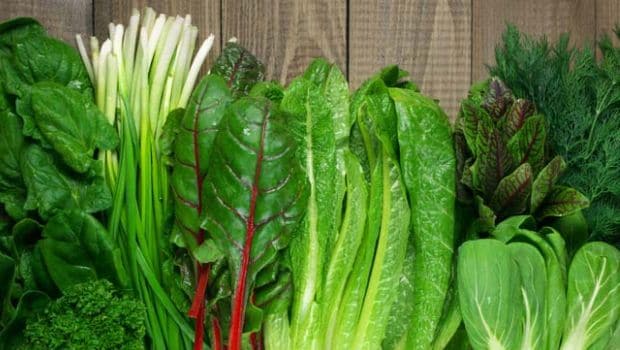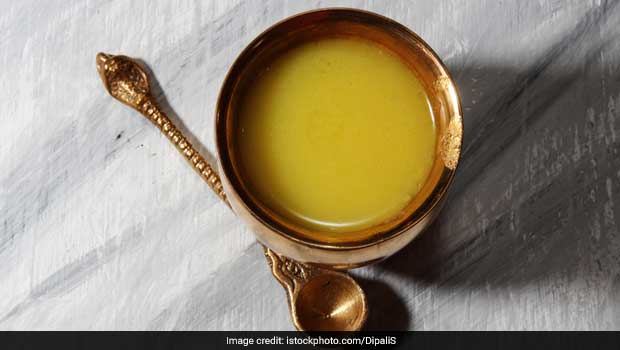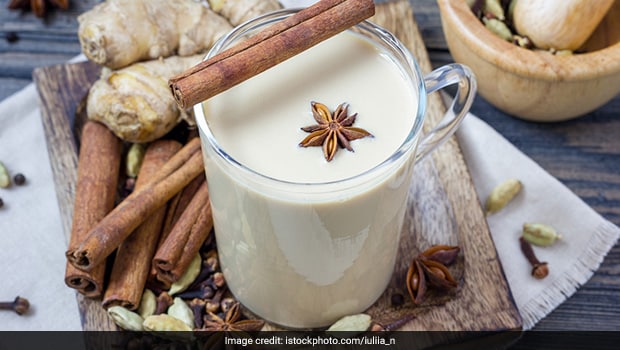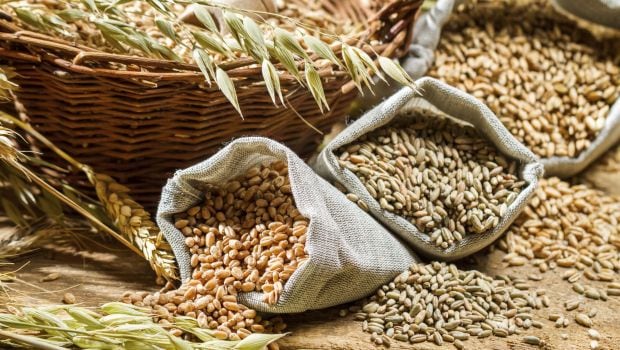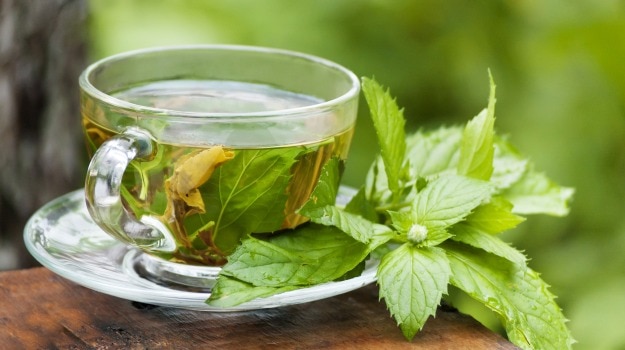Unbelievable Health Benefits Of Consuming Peanuts In Winter
Peanuts are the favourite of many people. With the onset of winter, we can see the markets flooded with loads of peanuts.
You can consume it in any form, either raw or boiled or roasted; and it just tastes amazing. It is a great pastime to crack the shells of the peanuts and pop the nuts into your mouth, isn't it? They are delicious, nutty and crunchy and make for a fantastic snack.
Peanut is more than a nut and has amazing health benefits, which many of us do not know of.
These nuts are widely used in many cuisines, especially in the Indian cuisine. Since it is quite common in winter, it will be surprising to know the health benefits that these nuts provide during these days.
Peanuts are legumes and provide us with a lot of proteins, like any other legume. It is vital to understand the nutritional benefits that this nut provides, which makes it an ideal snack for winter.
In this article, we shall discuss some of the unbelievable health benefits of consuming peanuts during the winter season, take a look.
1. Prevents Weight Gain:
Peanuts have the capacity to make you feel full after consuming a handful of them, as compared to other high-calorie snacks. This enables you to avoid too much calorie consumption because you will not be tempted to eat other snacks that are loaded with fats and too many calories, thereby peanuts help to keep a check on your weight during winter and prevent you from weight gain.
2. These Nuts Help Balance The Cholesterol Level:
Peanuts contain high levels of monounsaturated and polyunsaturated fats. Especially, the oleic acid in peanuts helps to lower the "LDL" level or bad cholesterol and increase the "HDL" or good cholesterol in the blood. Hence, the cholesterol level is balanced and this helps to prevent coronary artery diseases and strokes by promoting a healthy blood lipid profile.
3. Prevents Stroke Risk:
Peanuts are a rich source of antioxidants and minerals, which eventually reduce the risk of strokes and other heart problems. The tryptophan in peanuts fights against depression as well, thereby a handful of peanuts can keep you away from strokes.
4. Prevents Cancer:
Legumes such as peanuts contain a high concentration of a type of phytosterol called beta-sitosterol (SIT). These phytosterols have the capacity to protect you against cancer by inhibiting tumour growth. It is a surprising fact to know that a research conducted in the United States has proven that men and women who consume peanuts at least twice in a week had 27% and 58%, respectively, lower risk of being affected by colon cancer.
5. Prevents Diabetes:
Peanuts are gifted with the presence of manganese, a mineral that plays a vital role in fat and carbohydrate metabolism, calcium absorption and blood sugar regulation. Studies have proven that a serving of peanut can lower the risk of diabetes by 21%. This is great news for people suffering from diabetes, and trust us, this is no hoax. So if you have a person at home suffering from diabetes, make him/her consume a handful of peanuts as per the doctor's advice.
6. Increases Fertility:
Peanuts contain high quantities of folic acid, which help to improve fertility in women and also prevent the risk of any birth defects in a newborn baby. So, if you are in the early stage of your pregnancy, start consuming peanuts for a healthy baby. It has been proven that women who consumed at least 400 grams of peanuts before or during pregnancy had up to 70% lower risk of having a newborn baby with neural tube defect. Also, eating peanuts during pregnancy can reduce the risk of allergic diseases like asthma in children.
7. Good for skin:
It is great to know that such a small peanut is really beneficial for your skin. The monounsaturated acids and resveratrol aid in hydrating and replenishing your skin, thereby making it glow.
8. Helps Treat Cold And Cough:
Peanuts are good sources of vitamin C, which make it a good option to treat cold and cough.













